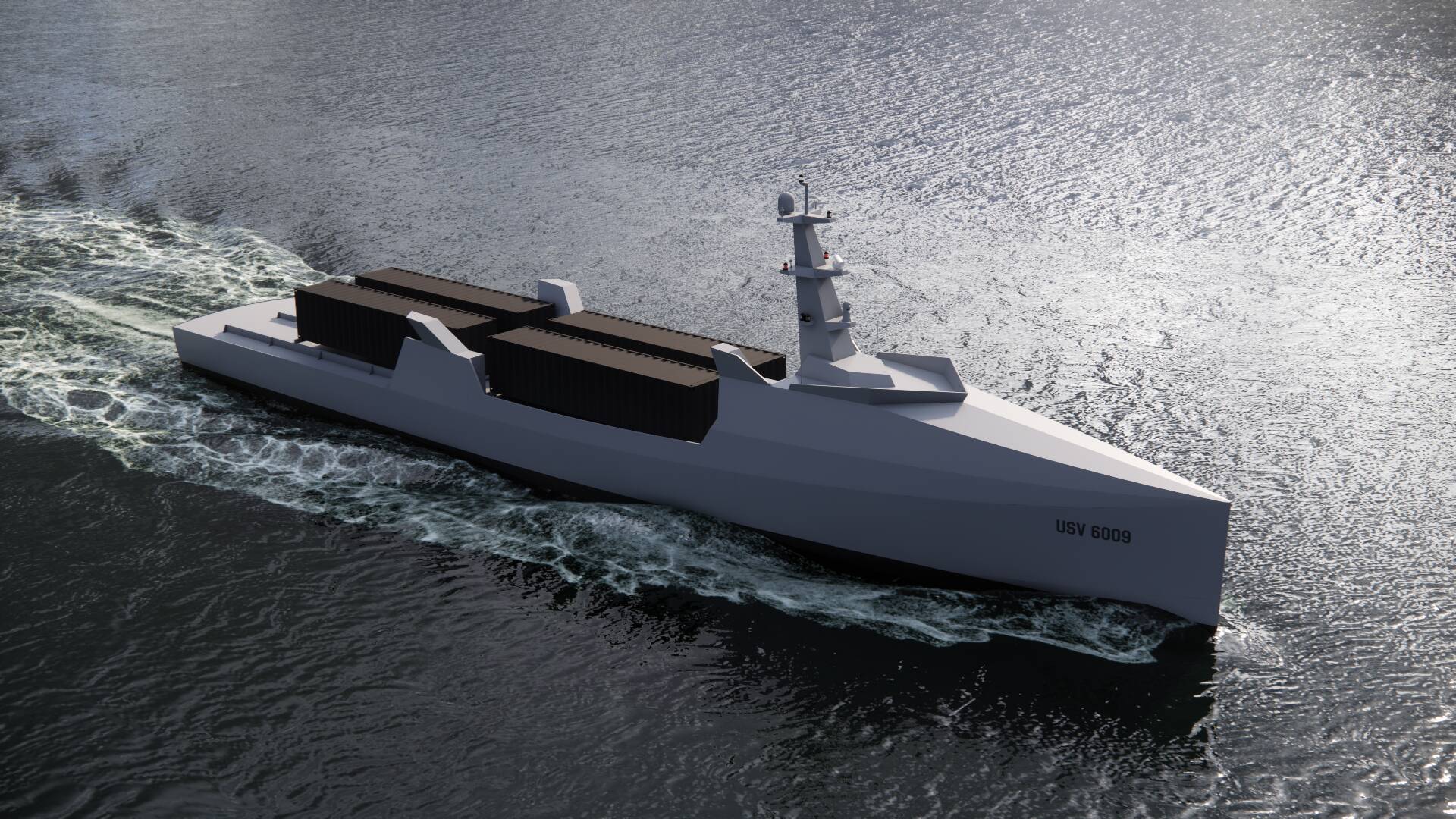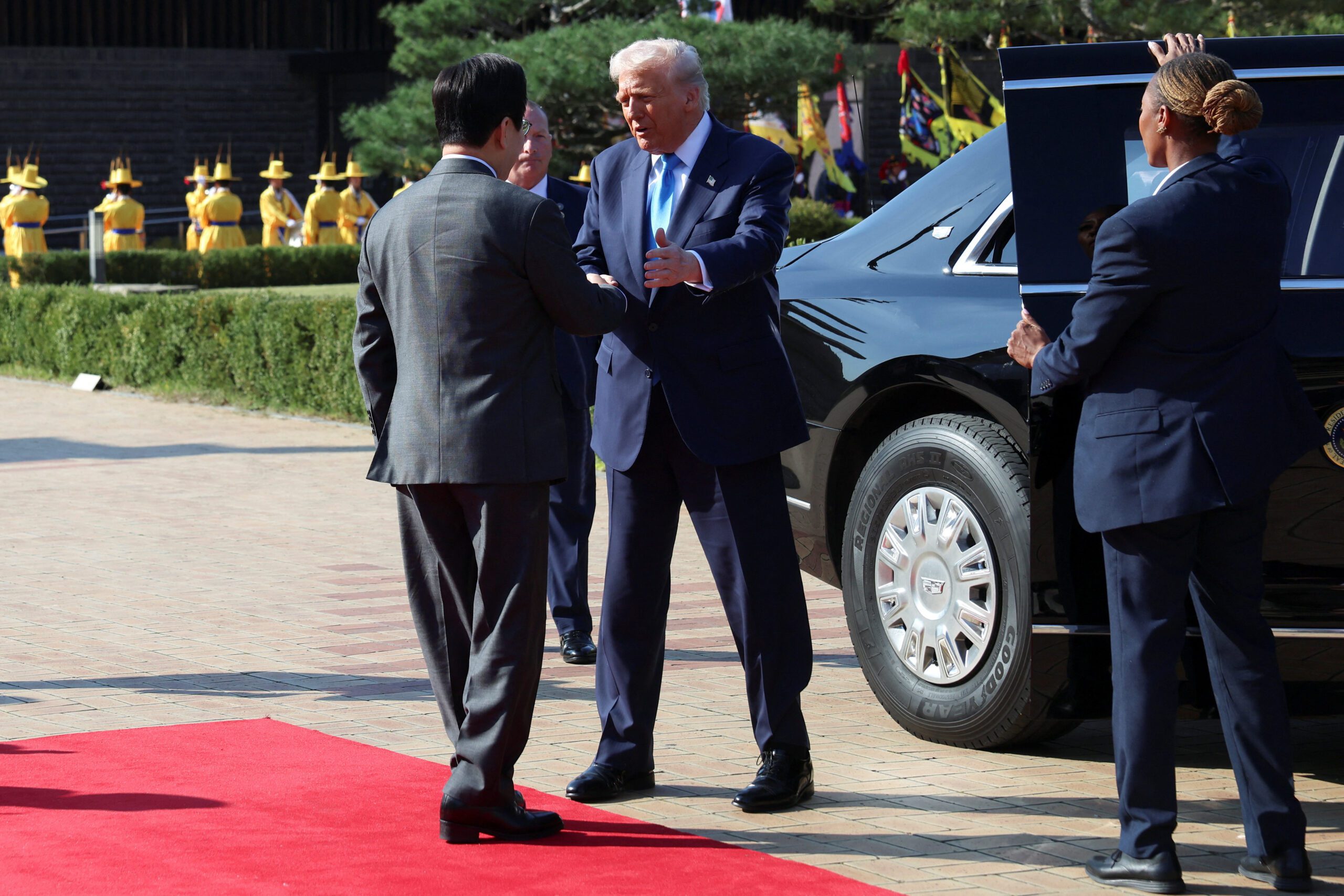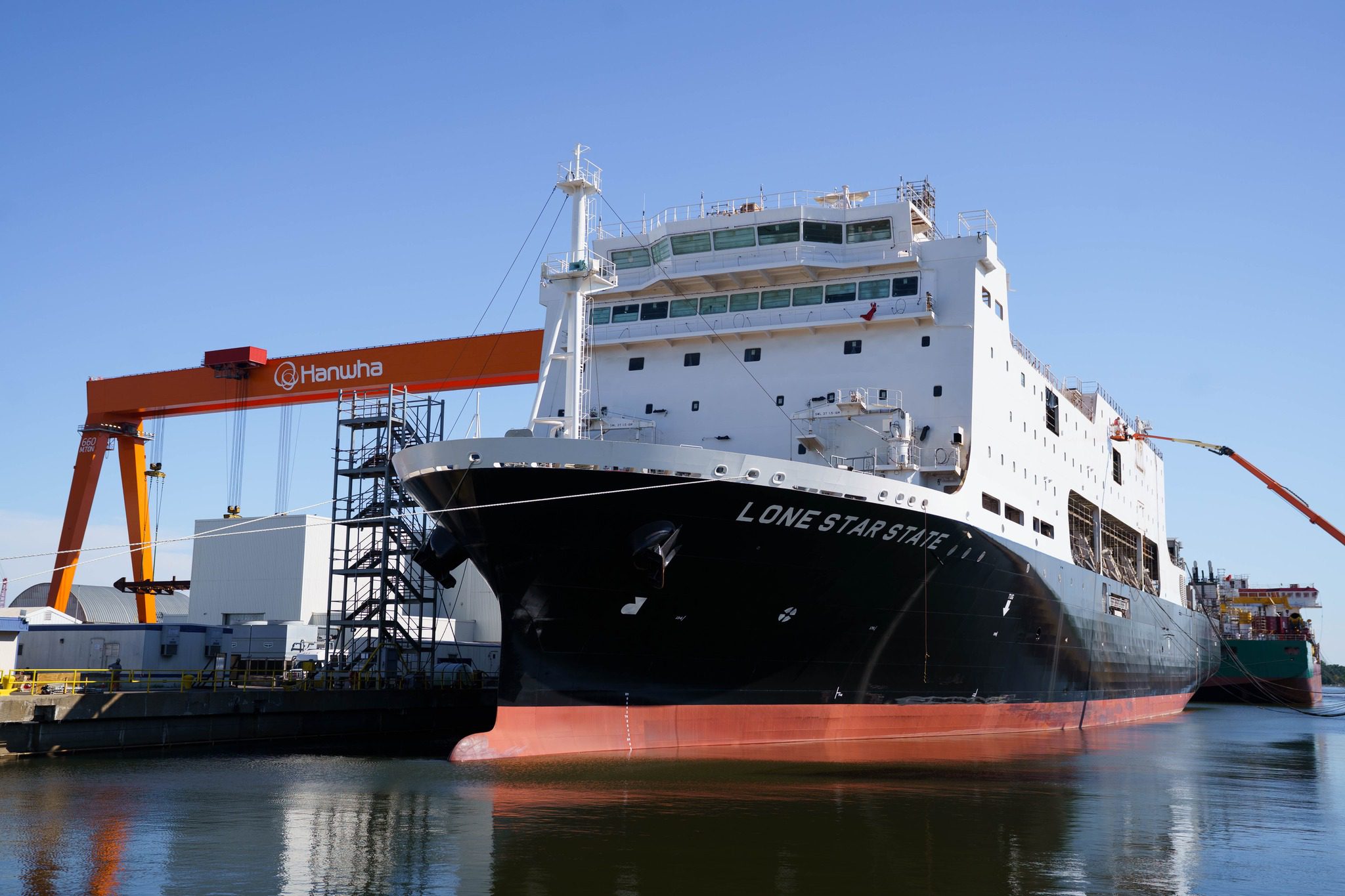 (Bloomberg) — Japanese shipbuilders may post losses next fiscal year as the yen’s weakening fails to mitigate the impact of a global supply glut pressuring prices, the president of Japan Marine United Corp. said.
(Bloomberg) — Japanese shipbuilders may post losses next fiscal year as the yen’s weakening fails to mitigate the impact of a global supply glut pressuring prices, the president of Japan Marine United Corp. said.
“No domestic yard is confident enough to say it will be able to earn a profit for the fiscal year” starting April 1, Shinjiro Mishima said March 27 in an interview at the company’s Tokyo headquarters. “Cost reduction is the only way for us to be profitable as we can’t rely on the yen’s declines” to lift repatriated earnings.
The outlook reflects the challenge facing Asian shipbuilders. Global production capacity has expanded to more than twice the demand for vessels, according to Mishima, whose company was formed Jan. 1 by the merger of the shipbuilding units of JFE Holdings Inc. and IHI Corp.
The combined company, Japan’s second-biggest shipbuilder, will curb operating hours by 10 percent to 20 percent from peak levels in the next year to withstand “tough” times ahead, he said. The domestic merger, the first in the industry in more than a decade, was designed to regain ground lost to rivals in South Korea and China.
Japan, once the world’s biggest shipbuilding nation, had a global share of 18.3 percent last year by ship completion, third after China and Korea, according to the Shipbuilders’ Association of Japan, which cited estimates by researcher IHS. The three Asian countries together held a share of 92 percent.
More M&A
Japan Marine is open to talks with any other potential partners to join the merged group, though no specific deal is underway, Mishima said. A bigger company would enhance purchasing power and boost investment for the designing of fuel- efficient ships, he said.
The yen’s slide isn’t sufficient and the currency would need to fall to 110 yen to the dollar for domestic shipbuilders to earn profits, Mishima said, sharing the same view as domestic rival Kawasaki Heavy Industries Ltd.
The Japanese currency, which traded at 94.08 yen to the U.S. dollar as of 4:32 p.m. in Tokyo, fell as low as 96.71 yen on March 12, a level unseen since August 2009. The weaker yen boosts repatriated earnings and makes Japan-made ships and other exports less expensive.
Slower Operations
Kawasaki Heavy, based in the western port city of Kobe, said last week it will curb operation hours by about 15 percent at its two domestic yards and relocate some Japanese workers to Brazil where it’s building a plant with local partners.
Japan Marine United is 45.93 percent held each by JFE Holdings, Japan’s second-biggest steelmaker, and heavy equipment maker IHI. The merged group targets annual sales of 500 billion yen ($5.3 billion) as early as five years after the integration, Mishima said. It expects to have combined revenue of less than 400 billion yen in the current year, he said.
JFE fell 2.1 percent to 1,767 yen in Tokyo trading, paring its gain this year to 10 percent. IHI, which makes products ranging from jet engines and boilers to liquefied natural gas tanks, gained 0.4 percent to 286 yen.
To reap benefits of the merger, Japan Marine United will negotiate better supply terms on materials that together account for about 65 percent of the costs associated with building vessels. Costs will also be cut by constructing similar types of vessels in the same locations, he said.
Closing any of the company’s inherited seven yards won’t be considered until after it sees whether the facilities save enough, Mishima said.
– Masumi Suga and Yasumasa Song, Copyright 2013 Bloomberg.
Editorial Standards · Corrections · About gCaptain
This article contains reporting from Bloomberg, published under license.

 Join The Club
Join The Club











